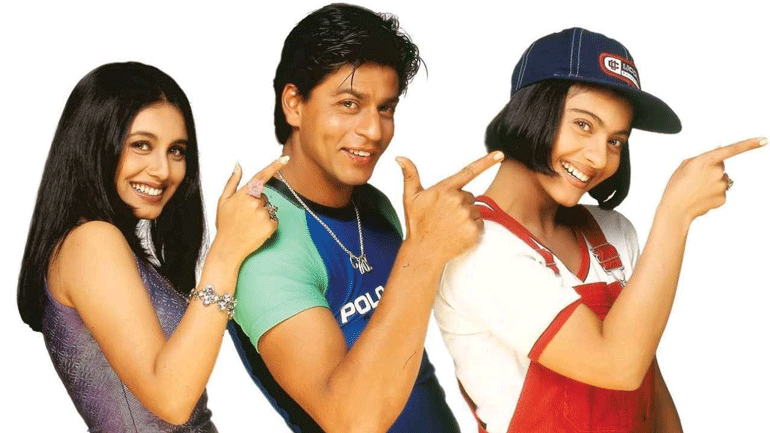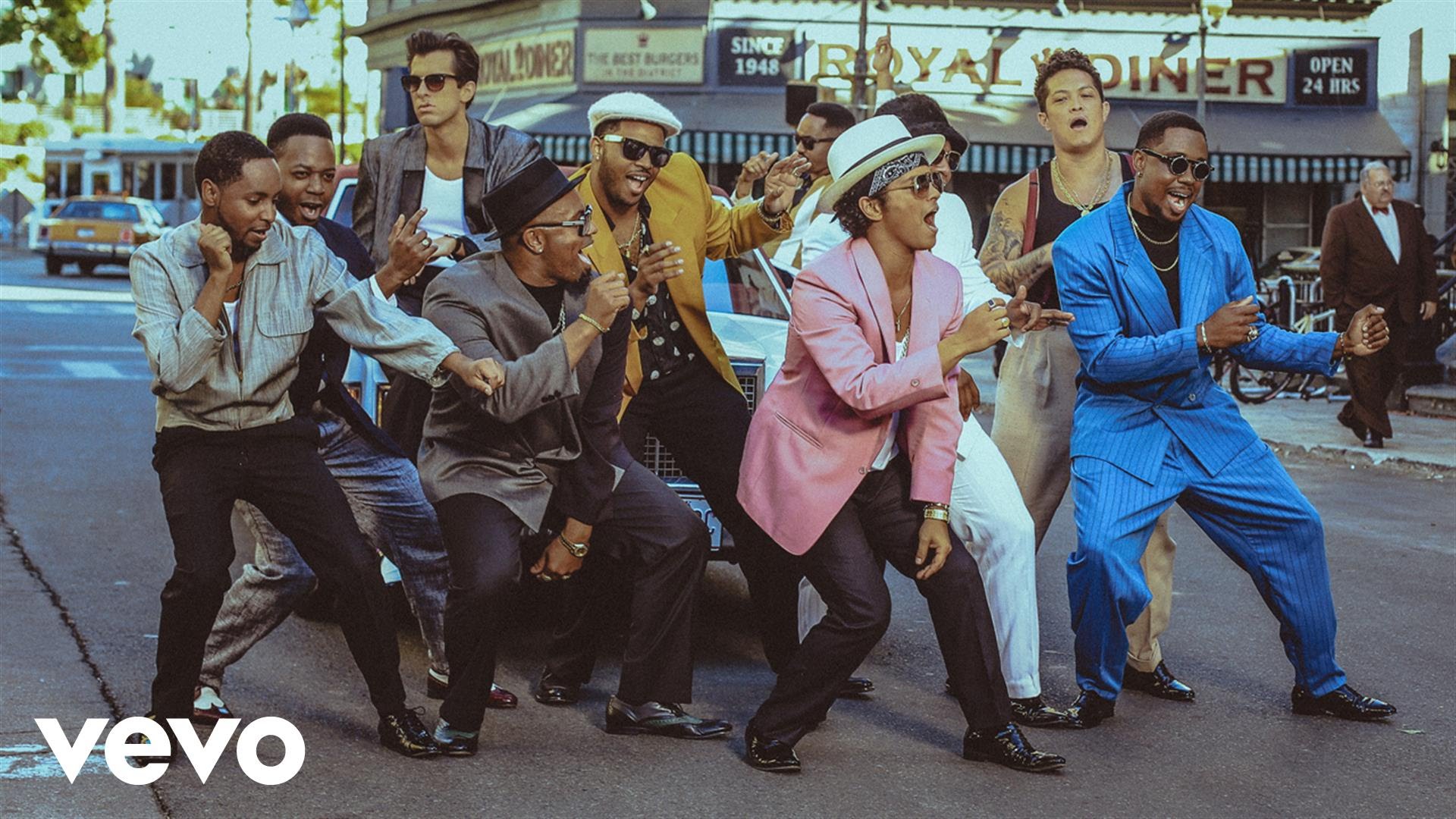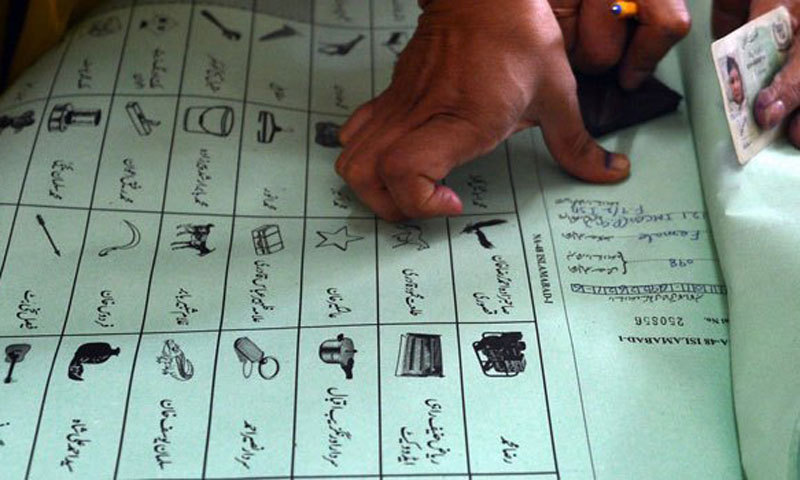KARACHI: With nullified hope stands Pakistan after frequent cases of femicides, exploitive capitalism with the poor, weak, and vulnerable having nowhere to go, the rich and elite can get away with a blindfold to their eyes. Keeping up with his politically awake songs in the past, IQBAL has come up with a rendition that echoes the pleas of the vulnerable.
It draws inspiration from the legendary Faiz Ahmed Faiz’s ‘Hum Dekhengay’ (We shall bear witness). The revolutionary poet used his art to educate society on the ills of capitalism and martial law. However, Faiz’s poetry looks towards the dawn of freedom, empowerment. Some of the lyrics of the original song include:
Jab Zulm-o-Sitam ke Koh-e-garaan
When the mountains of cruelty and torture
Rui ki Tarah Urh Jayen Gey
Will fly like pieces of cotton
Hum Mehkumoon ke Paun Talay
Under the feet of the governed
Yeh Dharti Dhard Dhard Dhardkay gi
The earth will shiver, shake, and beat
The original poetry hopes for cruelty and authoritarianism to end, two years after Zia-ul-Haq had imposed martial law. However, prior to the dramatic rise to power of a martial law administrator, Pakistan was fairly liberal in comparison to the Pakistan of today, as popular opinion goes.
IQBAL has taken the premise of the original poetry and replaced it with the growing pessimism the state is under at this point, particularly the ones that have no backing to fall back on. The ones crippled by society and state, whose issues are hardly considered as the ones in power turn a blind eye to their problems.
The music video encapsulates the essence of what is being said in the lyrics very accurately. A man reads a newspaper with a blindfold on. The placement of a man here is crucial, since much of what the song transcribes is the plight of women, out of many other vulnerable social groups that are exploited in the name of power. The lyrics are, ‘Aurat Kay Jisam Mein Qaum Kee Izzat Na Dhoond,’ (Don’t look for the nation’s honor in a woman’s body.) The lyrics not only bring attention to the recent femicide cases in Pakistan that have been brought to the limelight following a case pertaining to Noor Muqaddam but also talks about the fact that society associates much of its honor to a woman’s being, adding more weight to their person than a man. This in turn allows society to justify all the ills women endure at the hands of this very nation. Once women do become victims of abuse, they are expected to stay silent on the matter, and should they raise their voice, victim-blaming shall follow shortly.
View this post on Instagram
The song also calls out hypocrisy by saying, ‘Khud Hi Sawal Sab Uthatey Munafiq’ (Hypocrites pose questions themselves). This phrase translates just how this society judges another person, without ever taking into account their own misdeeds. The holier than thou and preachy nature donned on by nearly every person in this country has tied a blindfold around our eyes, preventing us from peeking within ourselves before calling out and canceling another person.
The song also subtly touches on the history of the Indo-Pak war of 1971. ‘1971 tho rakha dhaka kar hamsai,
Par lagti sab kal kee hee baat hai.” (1971 was kept hidden from us, but it is still fresh in our memory). Hitting a nerve on how history is manipulated to support a standardized narrative that favors the powerful, ensuring the authoritarians stay in authority, this particular line is both haunting and brutally honest. It subjects the listener to a brutal realization of how what they have been told is a carefully curated narrative put in place to exploit and extort the ruled. Propaganda ensures the ruled happily stay ruled within the parameters of the state and do not question the rules that have been laid out by the ruling. It shows just how much everything has been corrupted to its core, even knowledge.
View this post on Instagram
The backing music track is fairly simple and allows the listener to really pay attention to what is happening on screen and what is being said. While the music video starts with a man with his blindfold on, the rest of the video shows what exactly is it that the man cannot see, or rather, refuses to. The world of the man is in color and he is put in a comfortable setting, on the other hand, all the oppressed people are shown in a dark studio, with minimal light falling on them – kept in the shadows. Some of the oppressed groups represented in the music video include the trans community, the labor class, and women.
View this post on Instagram
The video for the song has been directed by Saad Naseem and Hassam Anwar. Aiza Mustabeen serves as the DOP for the song with Shamail Gilani as her assistant. On the other hand, Eman Zahra has been behind the art direction of the project. Hassan Khan serves as the AD and Poppa Lights Assistant has managed the lighting for the cinematography. The team for art direction under Eman Zahra includes the following members: Z. Umair, Aneeq Ahmed, and Usama Joyia.
Alongside IQBAL himself, several other cast members to have made an appearance in the video include Abdul Rehman, Muhammad Sharif, Soniya, Saad Zahid, Muhammad Ahmad, and Eman Zahra. The Video Production for the project has been done and released under the banner of Slugline Films.
Like many other songs from IQBAL, the newly released ‘Daikhain Gaye’ is in accordance with his signature style: Simple and straightforward, political and hard-hitting to its capacity.













